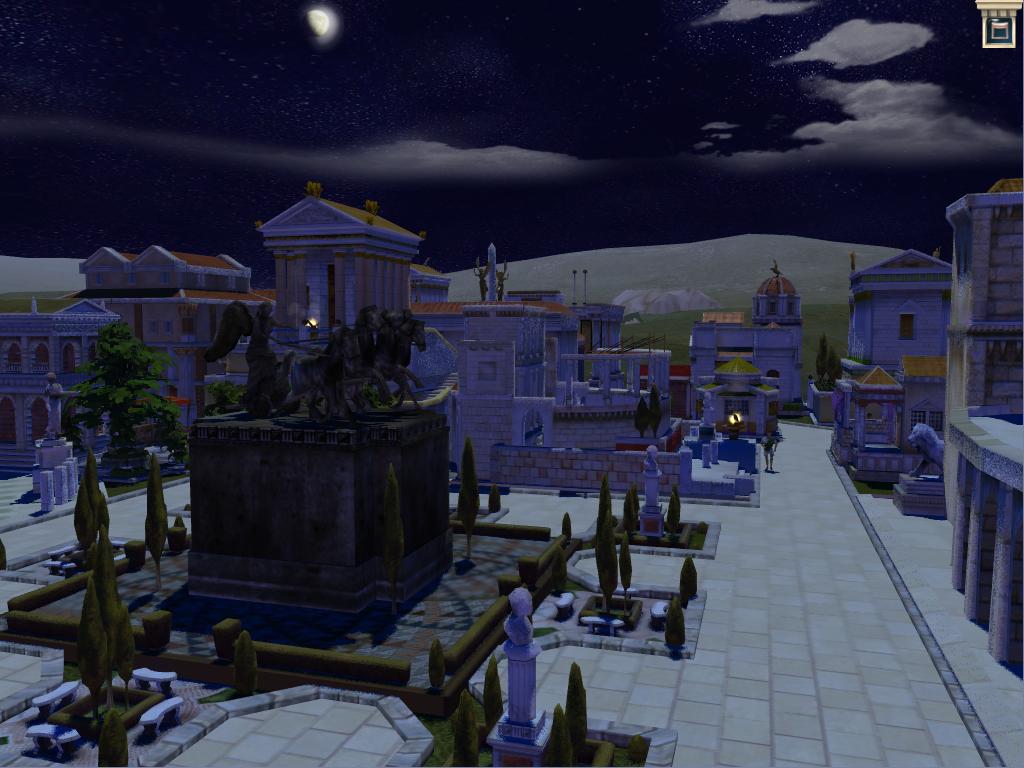Why you can trust GamesRadar+
The economic model is Caesar IV's strongest point, as the game offers a multi-layered system with an impressive amount of depth. Each bit of the economy relies on the one below it, forcing players to build a city organically rather than simply pausing time, constructing a masterpiece and expecting the citizens to flow in. Miscalculating production on a basic resource can bring the whole thing to a grinding halt.
Combat isn't nearly as impressive and feels more like an afterthought than a fully integrated part of the game. Instead of battling it out, conflict is more of a numbers game. Toss a bunch of troops at the enemy and chances are you'll win.

Helping you keep tabs on everything are the advisors, which break down key information into bite sized chunks. Their comments may get repetitive, but a quick drill down can easily identify which section of your city needs work.
Unfortunately, Caesar IV lacks a bit of technical polish which keeps the game from really shining. At the top of the list is the annoyingly tweakish mouse and camera control. When every little bit of space counts, accurately placing buildings and roads is key. Caesar IV suffers a bit of "mouse delay" which can result in an offset building or unwanted camera movement.
More info
| Genre | Strategy |
| Description | Ancient Rome gets a fresh coat of paint (marble?) in the return of the classic civilization building sim series. |
| Platform | "PC" |
| US censor rating | "Everyone 10+" |
| UK censor rating | "" |
| Release date | 1 January 1970 (US), 1 January 1970 (UK) |



